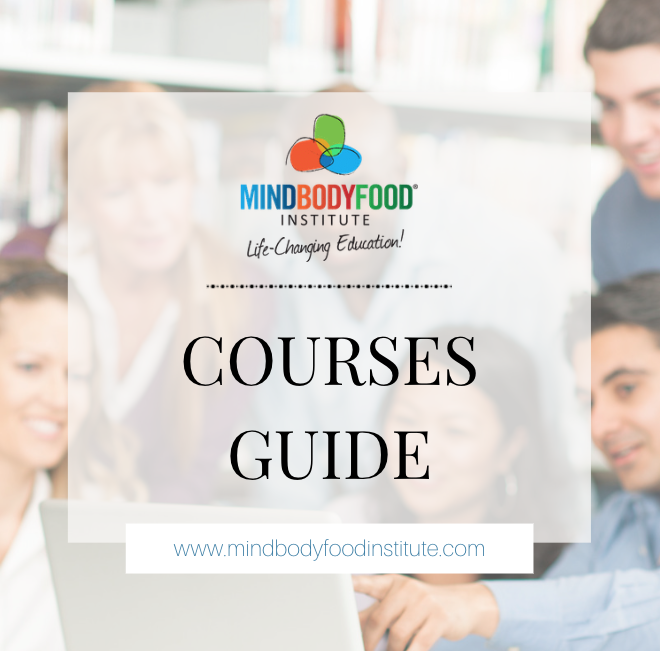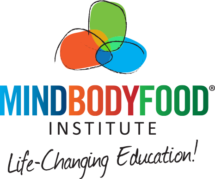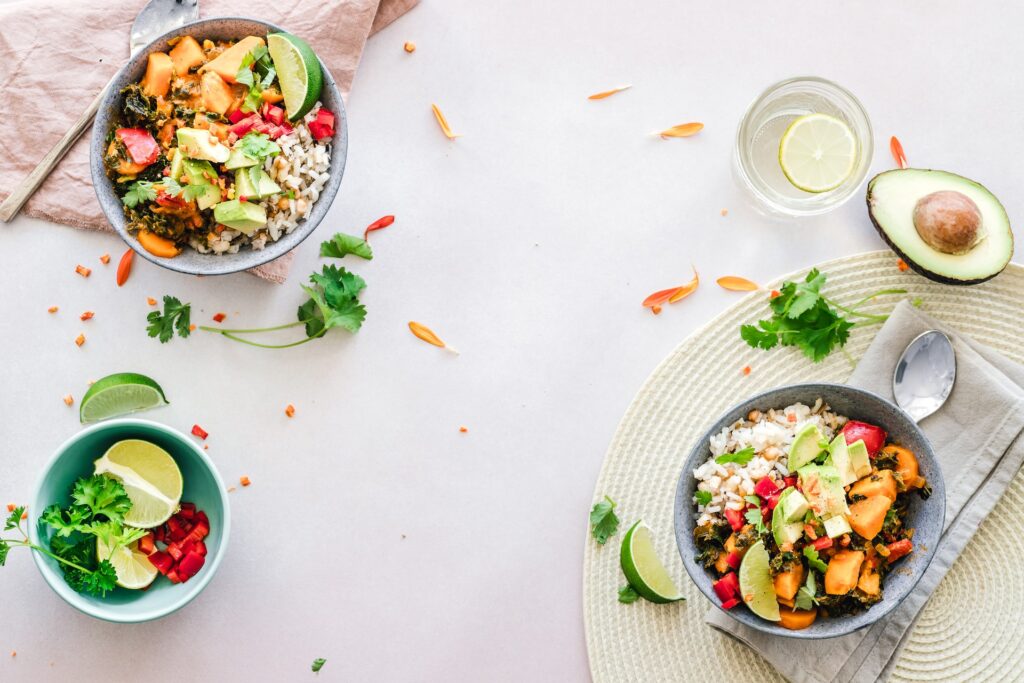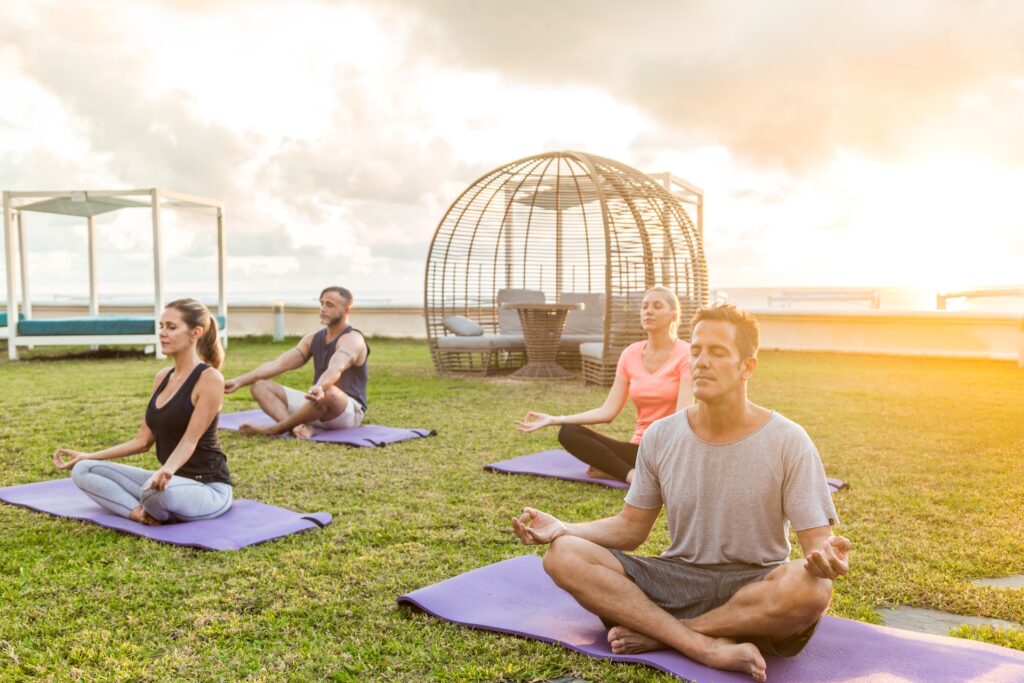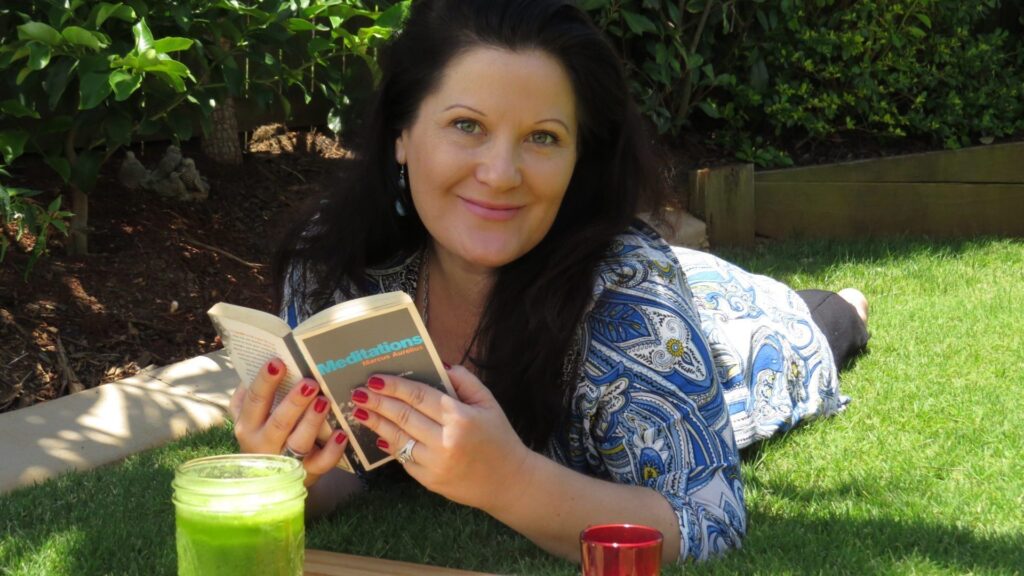Your fitness is tied to the deliberate, day-to-day decisions you make to eat only healthy and balanced diet food. Any other effort beyond healthy fitness food is only supplementary.
You will not benefit much if you focus on fitness yet neglect the intake of the right nutrients for your body.
In fact, your body requires more nutrient-dense food when you exercise. Hence you have to develop a fitness food menu so that your body tissues are not starved of the essential nutrients they need.
A balanced diet contains all the essential food components: carbohydrates, proteins, vitamins, and fats. Did you know that maintaining a balanced diet actually helps you to lose weight?
The following fitness food list should guide you on what essential nutrients you should regularly eat to help into your fitness plan:
1. Carbohydrates
Your fitness goals should be made up of about 60% carbohydrates because this diet component is the primary energy source, which is in the form of glucose. That translates to roughly 310 grams of carbohydrates per meal.
Fitness activities utilize much of your calories, so you need to replenish the burnt energy by consuming enough carbohydrates in your diet. Foods that are well-known rich sources of carbohydrates include sweet potatoes, millet, legumes, and whole grains like wheat and rice.
2. Proteins
Part of the reasons why people join fitness programs is to build muscles. Eating plenty of proteins also goes a long way in helping you build strong muscles. Therefore if you are after fitness food for muscle, you have to eat lots of proteins.
Additionally, proteins are instrumental in hair and skin health. You need to consume about 50 grams of proteins per meal to benefit from its qualities.
Beef is the favored protein source, but you have to ensure you eat lean meat from grass-fed cattle. Other sources include eggs, poultry, fish, and beans. Did you know that beans have just the right amount of proteins your body needs? You can do away with meat.
3. Vitamins
Your body typically needs 13 types of vitamins to develop and for the chemical reactions to happen seamlessly. For fitness, you especially need vitamin D, which helps to keep the bones strong.
Taking over-the-counter multivitamins may seem cool and convenient, but it is better if you make an effort to get vitamins first-hand or straight from fruits and vegetables.
4. Unsaturated Fats
Many people tend to give fat a wide berth believing it makes them fat, that is, gain weight. However, there are good fats that are beneficial to the body, especially to fitness-minded persons.
If you are into the fitness food plan, you should consume unsaturated fats to help slow down the energy release so that your tissues only release the right amount of energy at a time. Without unsaturated fats, your body releases excess energy only to end up drained before you are done with the exercise.
Unsaturated fats are especially ideal for long-distance runners. You need to take about 70 grams of these fats in a day. Foods with the best forms of unsaturated fat include dairy products, olive oil, sunflower oil, flax seeds, nuts, and fish.
Conclusion
Water is one essential nutrient that is easy to forget because, well, it is not tasty. Without water to lubricate your joints, transport oxygen throughout your body, and regulate your body temperature, your fitness goals are not going to take off. Drink plenty of water; go beyond the recommended eight glasses every ordinary day.
What has your experience been with fitness without the right fitness food plan? Let’s continue this conversation in the comments section.
Featured image by Ella Olsson on Unsplash.
Author:
Rachel Burns
Rachel Burns has been writing on topics related to fitness and healthy eating for 2 years now. As a mother, she really appreciates the ease of raising children with her advice. Rachel specializes in plant-based diets. In addition to nutrition, she is also an exercise enthusiast. Connect with Rachel HERE.
DOWNLOAD OUR COURSES GUIDE
Learn More About Our Course Offerings and Discover Which New Wellbeing Career Best Suits Your Passion!
